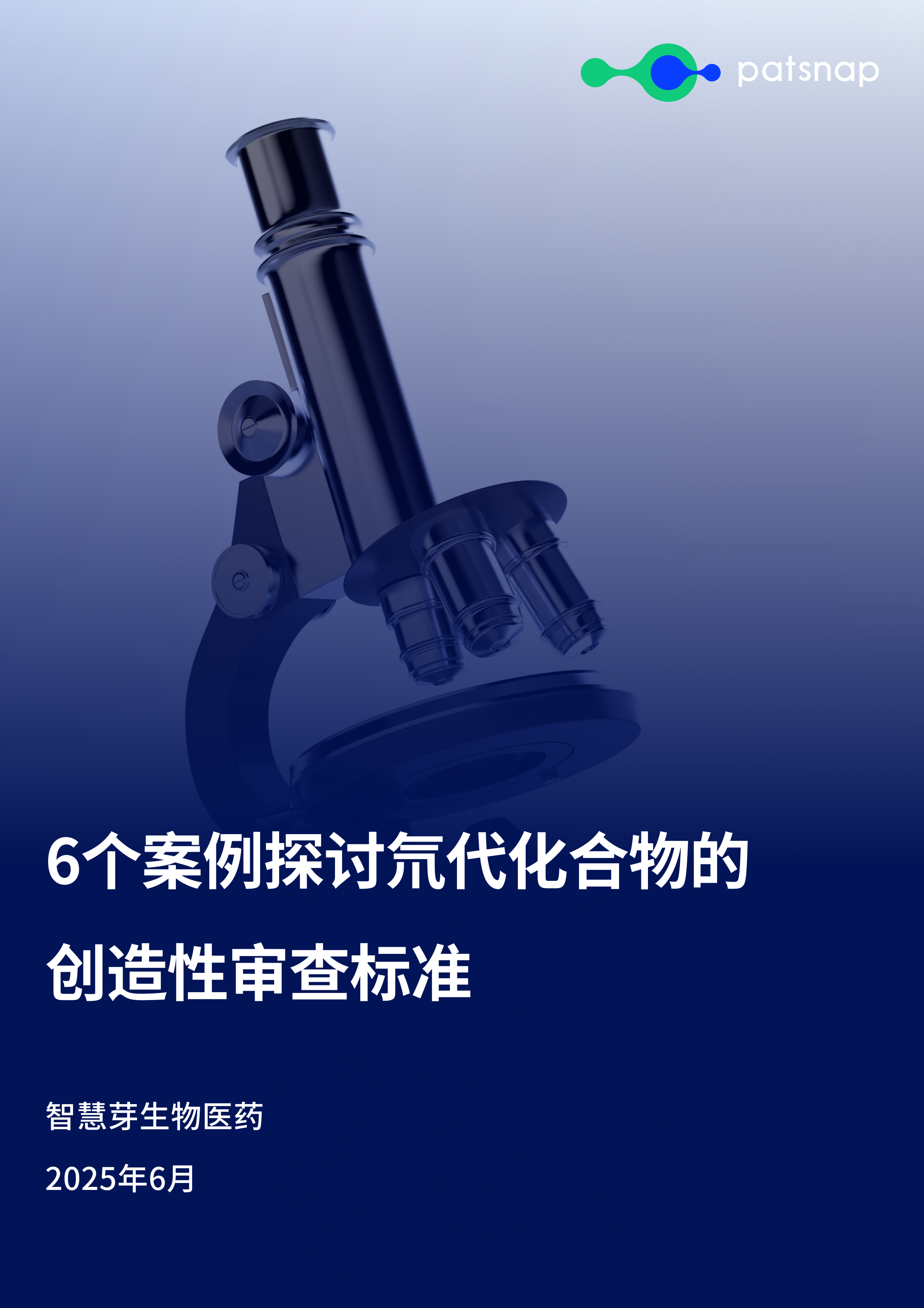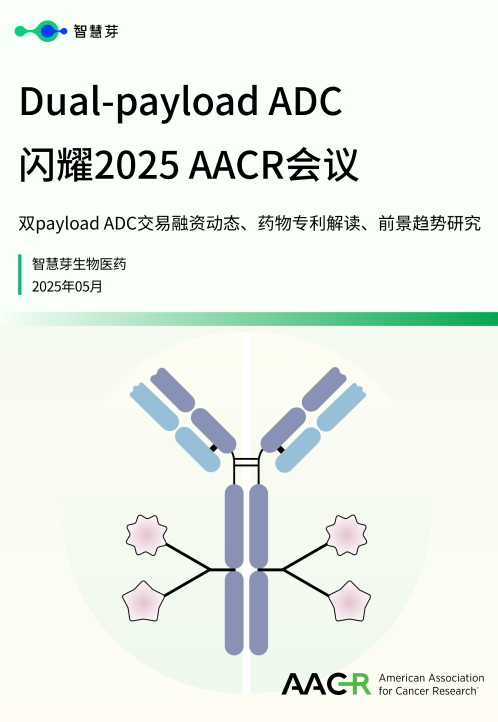预约演示
Comprehensive Review Highlights Potential Benefits of Leukine® in Management of Gastrointestinal (GI) Adverse Events Associated with Immune Checkpoint Inhibitors (ICIs) in the Treatment of Cancer
2024-04-18
免疫疗法临床结果临床3期临床2期孤儿药
NCI sponsored, ECOG-ACRIN Phase 3 Study of Leukine in Combination with Ipilimumab and Nivolumab in Front Line Treatment of Melanoma Heads to Last Stages of Enrollment
LEXINGTON, Mass., April 18, 2024 /PRNewswire/ -- Partner Therapeutics, Inc. (PTx) announced publication of a comprehensive review by Dougan et al.1 in Cancers summarizing the mechanistic rationale and pre-clinical and clinical data regarding the use of Leukine (sargramostim; glycosylated, yeast-derived recombinant human granulocyte-macrophage colony-stimulating factor [rhu GM-CSF]) to manage gastrointestinal (GI) immune-related adverse events (irAEs) for patients taking immune checkpoint inhibitors (ICIs) for the treatment of cancer. Leukine is not FDA approved for treatment of irAEs or melanoma.
Continue Reading
Addition of sargramostim (recombinant human granulocyte-macrophage colony-stimulating factor (rhu GM-CSF)) to ipilimumab significantly lowered grade 3-5 adverse events compared to the ipilimumab-alone arm in a multi-center, randomized clinical trial for advanced melanoma. (Figure and caption from Dougan 20241 illustrating results from Hodi 20142)
The authors sargramostim mechanisms underlyigranulocyte-macrophage colony-stimulating factor (rhu GM-CSF)ase aipilimumabthe available clinical data supporting a potential role for Leukipilimumabh settings. In the prospective, randomized study E1608, Hodi and colleagues2 observed that advanced melanoma patients who received Leukine plus ipilimumab had a reduction in GI irAEs (p=0.05) (see figure below) as well as a significant improvement in overall survival (p=0.01) compared to those who received ipilimumab alone.
"Immune checkpoint inhibitors have meaningfully improved prognoses for cancer patiinflammatory bowel diseases," said Michael Dougan MD, PhD, Associate Professor of Medicine at MassLeukinets General Hospital. "Unfortunately, these drugs also can cause the immune system to attack healthy cells creating unwanted GI side effectLeukineding sipilimumabead to discontinuation of treatment and more severe outcomes. The potential Leukine has shown in mitigating GI irAEs and improving patient outcomes, incluipilimumabval, are encouraging."
OImmune checkpoint inhibitorsine with Ipilimumab and Nivolumab in FrontcancerMetastatic MelanomacancersMassachusetts General HospitalLeukine
Leukine continues to be studied in comIpilimumabith INivolumabsess differenceMetastatic Melanomarious adverse events as well as its impact on overall survival.
Leukine(NCT02339571) is a randomized, controlled phase 2/3 study of Leukine in combination with ipilimumab and nivolumab for the front line treatment of patients with unresectable stage III or stage IV melanoma that is sponsored by the National Cancer Institute (NCI) and being conducted by ECOG-ACRIN Cancer Research Group.3 It is led by Study Chair F. Stephen Hodi Jr., MD, Director of the Center for Immuno-Oncology at Dana-Farber Cancer Institute, and Study Co-Chair Ahmad A. Tarhini, MD, PhD, Professor of Oncologic Sciences and Director of Cutaneous and Clinical Translational Research at H. Lee Moffitt Cancer Center and Research Institute. Both are members of the ECOG-ACRIN Melanoma Committee.
"The phase 2 portion of study EA6141 was completed previously, and aLeukinesuccessful planned inipilimumabysis,nivolumab to the phase 3 portion, which is now in the launresectable stage III or stage IV melanomaa recent statement. "The pNational Cancer Institute (NCI)the overall survival ratECOG-ACRIN Cancer Research GroupCancero receive nivolumab/ipilimumab/rhu GM-CSF versus those who receive only nivolumab/ipilimumab."OncologyDana-Farber Cancer InstituteCancerCancer
Dougan M, Nguyen LH, Buchbinder EI, Lazarus HM. Sargramostim for Prophylactic Management of Gastrointestinal Immune-Related Adverse Events of Immune Checkpoint Inhibitor Therapy for Cancer. Cancers. 2024; 16(3):501. doi.org/10.3390/cancers16030501
Hodi FS, Lee S, McDermott DF, et al. Ipilimumab Sargramostimostim vs Ipilimumab Alone for Treatment of Metastatic Melanoma: A Randomized CliniImmune Checkpoint InhibitorImmune Checkpoint Inhibitor17):1744-1753Cancer10.1001/jama.2014.13943
National Cancer Institute. A Phase IIIpilimumab of NiSargramostimlimuIpilimumabM-CSF in patients with aMetastatic Melanomavailable at: https://clinicaltrials.gov/ct2/show/NCT02339571. NLM identifier: NCT02339571. Accessed April 16, 2024.
MelanoMELANOMAe most aggressive form of skin cancer and rates of melanoma have been rising for the past 30 years. The American Cancer Society estimates 96,480 new melanoma cases will be diagnosed in the US and 7,230 people will die from the disease in 2019. The FDA grants orphan drug designation to promote the development of promising treatments for conditions that affect 200,000 or fewer U.S. patients annually.
LEUKINLEUKINEramostim) is a glycosylated recombinant human granulocyte-macrophage colony-stimulating factor (rhu GM-CSF) produced by recombinant DNA technology in yeast. The product is commercially available in the United States and accessible through a named patient program operated by Tanner Pharma Group outside of the United States.
LEUKINEten time to neutrophil recovery and to reduce the incidence of severe and life-threatening infections and infections resulting in death following induction chemotherapy in adult patients 55 years and older with acute myeloid leukemia (AML).
For the mobilization of hematopoietic progenitor cells into peripheral blood for collection by leuinfections and infections transplantation in adult patients.acute myeloid leukemia (AML)
For the acceleration of myeloid reconstitution following autologous bone marrow or peripheral blood progenitor cell transplantation in adult and pediatric patients 2 years of age and older.
For the acceleration of myeloid reconstitution following allogeneic bone marrow transplantation in adult and pediatric patients 2 years of age and older.
For treatment of delayed neutrophil recovery or graft failure after autologous or allogeneic bone marrow transplantation in adult and pediatric patients 2 years of age and older.
To increase survival in adult and pediatric patigraft failureth to 17 years of age acutely exposed to myelosuppressive doses of radiation (Hematopoietic Syndrome of Acute Radiation Syndrome [H-ARS]).
Important Safety Information for Leukine (sargramostim)Hematopoietic SyndromeAcute Radiation Syndrome
ContraindicationsLeukine (sargramostim)
Do not administer LEUKINE to patients with a history of serious allergic reaction, including anaphylaxis, to human granulocyte-macrophage colony-stimulating factor, sargramostim, yeast-derived products, or any other component of LEUKINE.
Serious hypersensitivity reactions, including anaphylactic reactions, have been reported with LEUKINE. If a serious allergic or anaphylactic reaction occurs, immediately discontinue LEUKINE therapy, and institute medical management. Discontinue LEUKINE permanently for patients with serious allergic reactions.
LEUKINE can cause infusion-related reactions tanaphylactic reactionsed by respiratory distressLEUKINEia, flushing, hallergic or anaphylactic reactioncardia. Observe closely during inLEUKINE particularly in patients with preexisting lung disease;LEUKINEdjustment or discontinuation may be neeallergic reactions
LEUKINE should not be administered simultaneously with or within 24 hours respiratory distresschhypoxiaapflushingiohypotensionwisyncope hours fotachycardiamotherapy.preexisting lung disease
LEUKINEcapillary leak syndrome, and pleural or pericardial effusions have been reported in patients after LEUKINE administration. LEUKINE should be used with caution in patients with preexisting fluid retention, pulmonary infiltrates, or congestive heart failure. Such patients should be monitored.
Edemavecapillary leak syndromes beenpleural or pericardial effusionss during LEUKINE administration, partiLEUKINE in patients withLEUKINEory of cardiac arrhythmia. Use LEUKINE with caution in patfluid retentionxisting cardiac disease.congestive heart failure
Supraventricular arrhythmiat (ANC) > 20,000 cells/mm3 or if white blood cell LEUKINEounts > 50,000/mm3, LEUKINE administration should be interrucardiac arrhythmiareduceLEUKINElf. Monitor complete blood counts (CBC) witcardiac diseasetwice per week.
Discontinue LEUKINE therapy if tumor progression, particularly in myeloid malignancies, is detected duriLEUKINEINE treatment.
Treatment wiLEUKINEINE may indutumorutralizing anti-drug antibodiemyeloid malignancieshe shortest duration LEUKINE
Drug Interactionsbenzyl alcoholLEUKINEbenzyl alcohol
Avoid the concomitant use of LEUKINE and products that induce myeloproliferation. Monitor for clinical and laboratory signs of excess myeloproliferative effects.
Adverse ReactionsLEUKINE
Adverse events occurring in >10% of patients receiving LEUKINE in controlled clinical trials and reported at a higher frequency than in placebo patients are:
In recipients of autologous bone marrow transplantationLEUKINEasthenia, malaise, diarrhea, rash, peripheral edema, urinary tract disorder
In recipients of allogeneic BMT–abdominal pain, chills, (BMT)–astheniaarrhea, naudiarrheaitrash hperipheral edemahaurinary tract disorderuritus, bone pain, arthralgia, eye hemorrhage, hypertension, tachycardia, bilirubinemia, hyperglycemia, increased creatinine, hypomagnesemia, edema, pharyngitis, epistaxis, dyspnea, insomnia, anxiety, high glucose, low albumin
Partner Therapeutics, Inc. (PTx), an integrated biotechnology company, focuses on development and commercialization of late-stage therapeutics to improve health outcomes in treatment of cancer and other serious diseases. The company believes in delivering products and supporting medical teams with the purpose of achieving superior outcomes for patients and their families. Visit www.partnertx.com
SOURCE Partner Therapeutics, Inc.
更多内容,请访问原始网站
文中所述内容并不反映新药情报库及其所属公司任何意见及观点,如有版权侵扰或错误之处,请及时联系我们,我们会在24小时内配合处理。
靶点
Eureka LS:
全新生物医药AI Agent 覆盖科研全链路,让突破性发现快人一步
立即开始免费试用!
智慧芽新药情报库是智慧芽专为生命科学人士构建的基于AI的创新药情报平台,助您全方位提升您的研发与决策效率。
立即开始数据试用!
智慧芽新药库数据也通过智慧芽数据服务平台,以API或者数据包形式对外开放,助您更加充分利用智慧芽新药情报信息。




